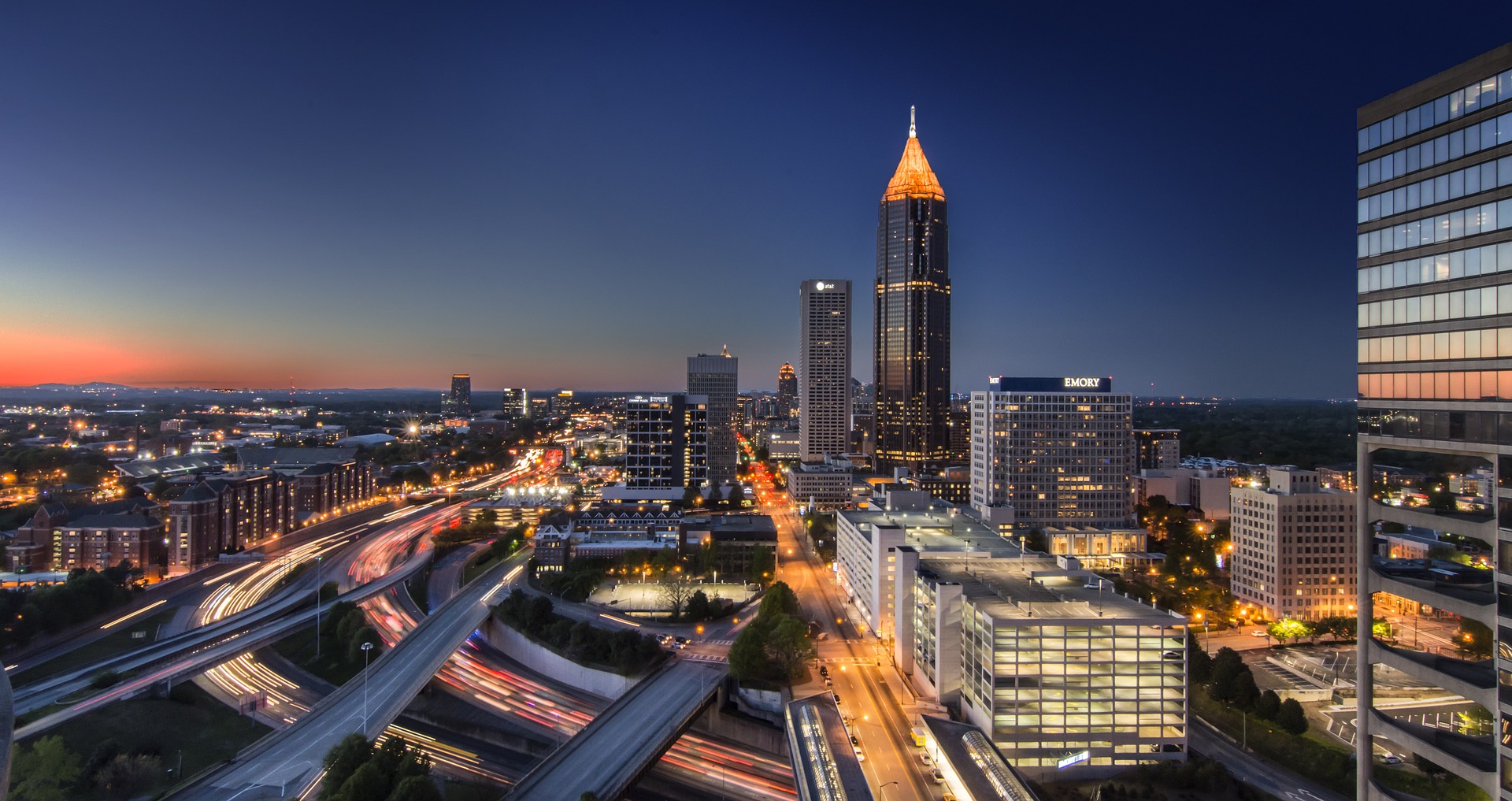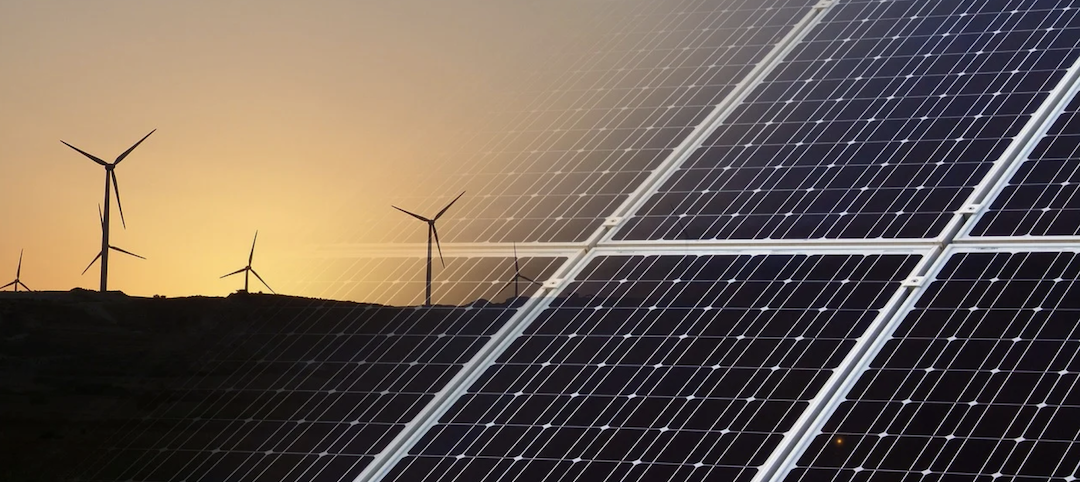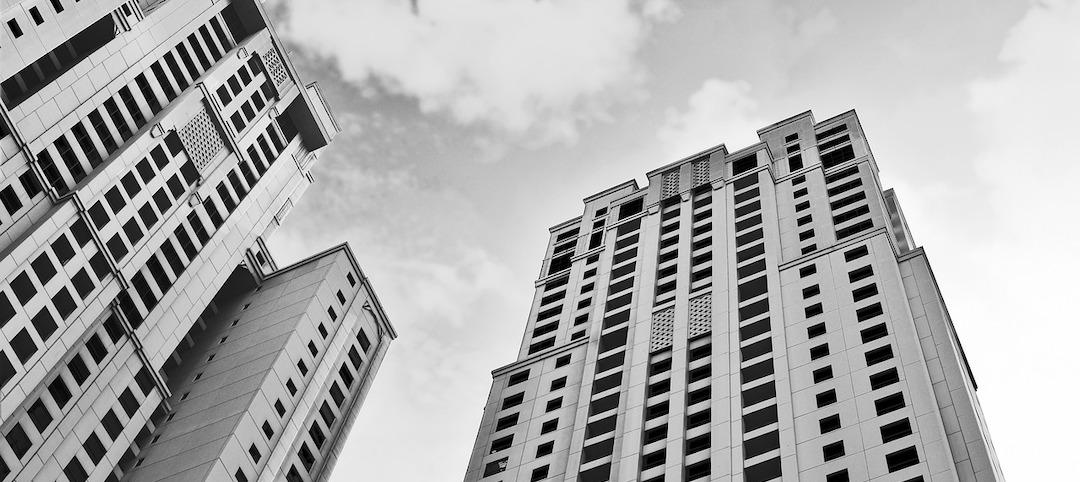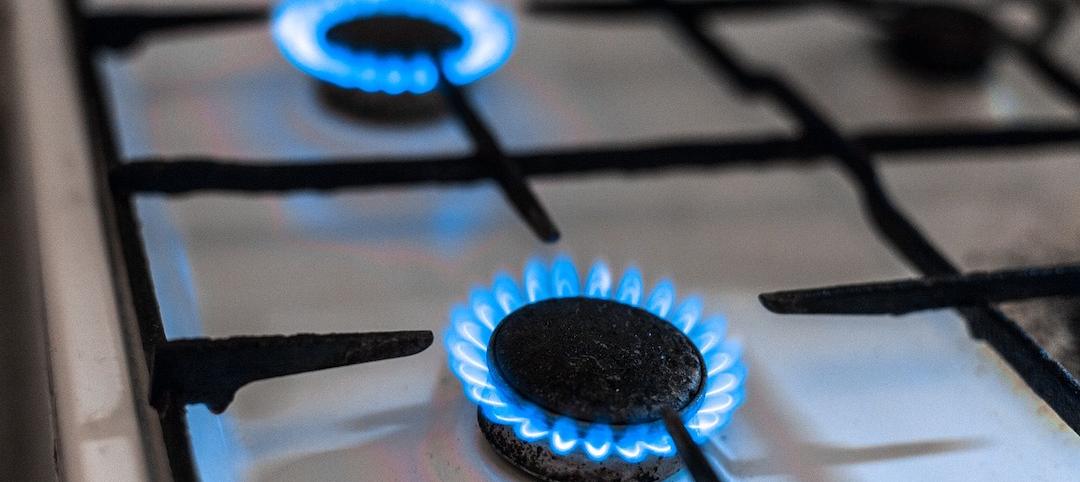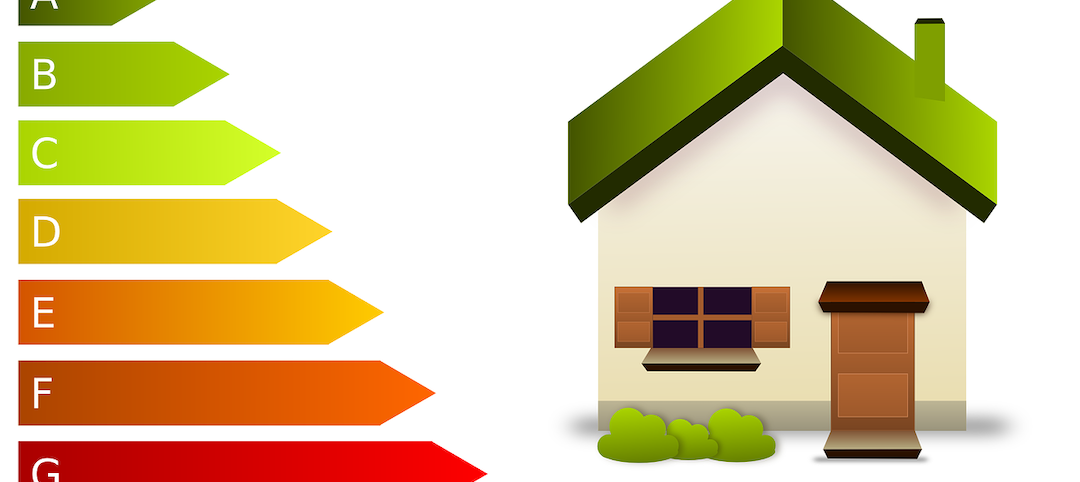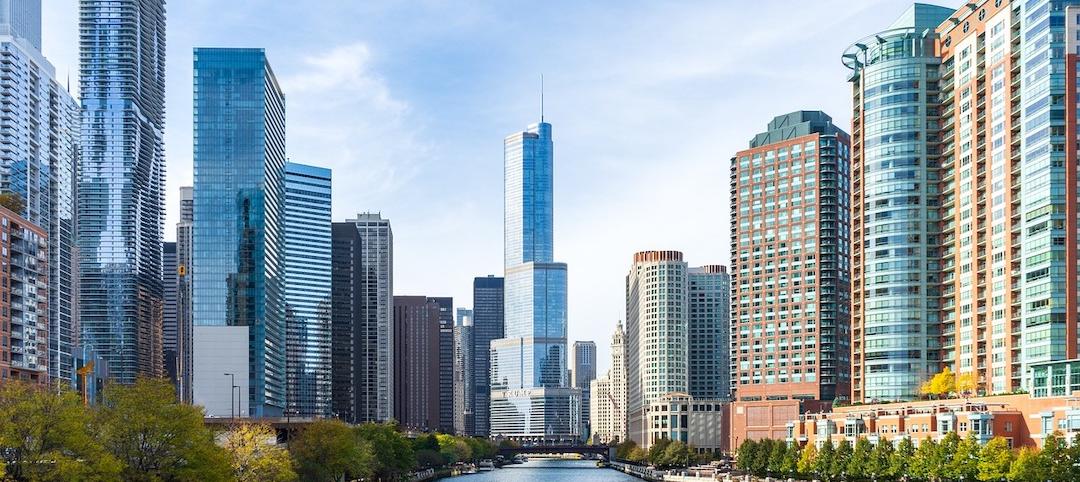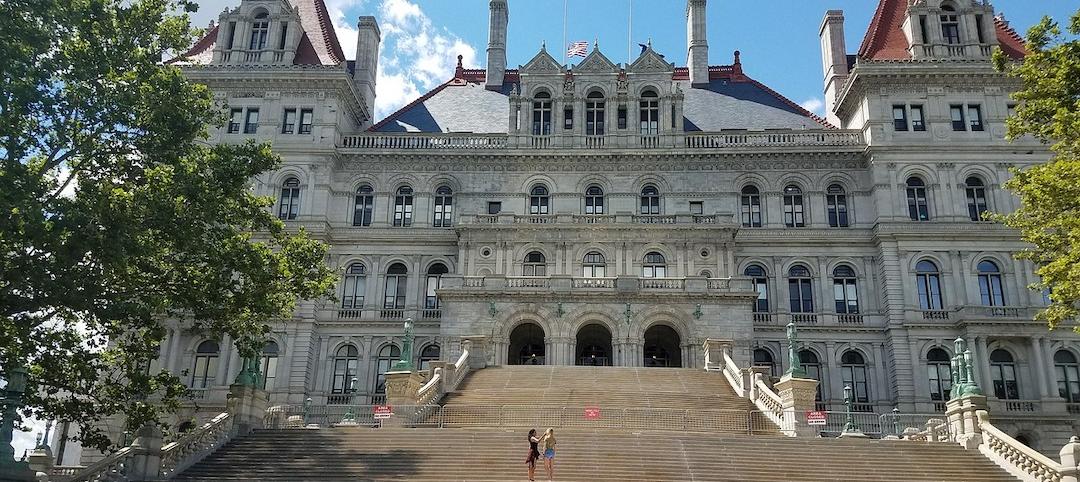A new Atlanta law is intended to crack down on absentee landlords including commercial property owners and clean up neglected properties.
The “Blight Tax” allows city officials to put levies on blighted property owners up to 25 times higher than current millage rates. The city wants to incentivize owners to revitalize or sell their properties.
The program will not apply to any occupied property to avoid displacing residents. Blighted properties subjected to higher taxes that are remediated and returned to productive use can be eligible for a discounted tax rate after the work is finished.
Large-scale properties such as former industrial sites that significantly impact neighborhoods would be singled out. Before redevelopment, those property owners would first have to agree to a development plan that addresses neighborhood objectives such as connectivity, transportation, and public amenities.
Related Stories
Codes and Standards | Feb 18, 2022
U.S. Army outlines ambitious renewable energy and decarbonization goals
Net-zero emissions in all procurements and a microgrid at every base among aims.
Codes and Standards | Feb 17, 2022
Pandemic won’t alter urban planning
City planners focused on returning to ‘old normal’.
Codes and Standards | Feb 16, 2022
California court rules affordable housing developers exempt from local zoning
Case could set precedent on state law that overrides local rules.
Codes and Standards | Feb 15, 2022
FORTIFIED resiliency standard expanded to include multifamily sector
Voluntary, beyond-code program aims to protect buildings from severe weather.
Codes and Standards | Feb 10, 2022
Number of Americans at risk of flooding to double in 30 years
Most new risk from new development, not climate change.
Codes and Standards | Feb 10, 2022
Intl. Code Council committee on diversity seeks applicants
New board aims to increase diversity in the membership association.
Codes and Standards | Feb 9, 2022
Climate impact of gas stoves in U.S. equal to half a million cars
New study could increase momentum to ban fossil fuels in new buildings.
Codes and Standards | Feb 7, 2022
Energy efficiency ratings not reflecting true energy use
Highest rated U.K. buildings are less efficient than lower rated ones.
Codes and Standards | Feb 3, 2022
Illinois tops USGBC list of states with the most LEED certified projects in 2021
Top 10 states plus D.C. certified more than 247 million gross square feet.
Codes and Standards | Feb 2, 2022
Public works contracting reform advances in New York State
Governor signs bill to form advisory council that will propose policy changes.


